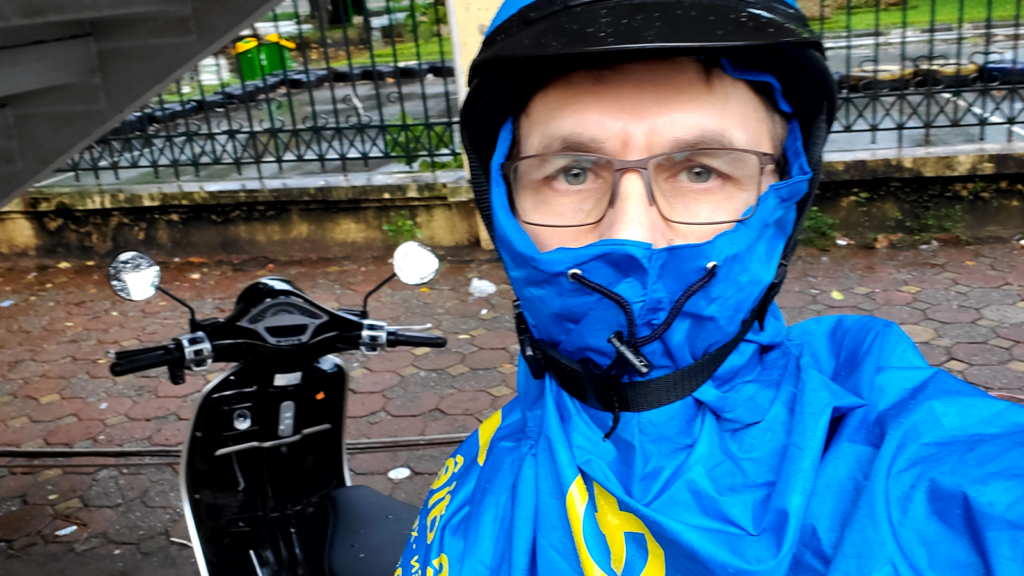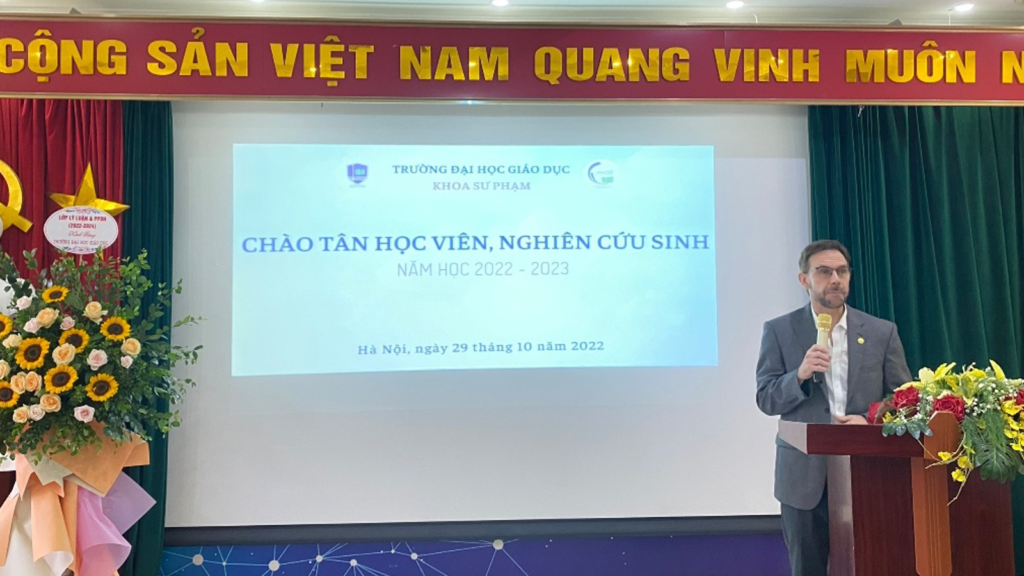
OSU Counseling student Violeta A. Murrieta’s research centers on how school counselors support undocumented students with their social-emotional needs, academic needs, post-secondary options, and community resources. As part of the College of Education’s recognition of Mental Health Awareness Month, we interviewed Violeta via email to learn what she’s discovering about the stressors this unique population.
College of Education: Thank you for joining us, Violeta. Can you tell us a little bit about your background and what you are studying and researching at Oregon State University?
Violeta: Sure! I am currently a doctoral candidate pursuing a PhD in Counselor Education and Supervision here at Oregon State. I have been a school counselor for over nine years and I am licensed in California and Nevada. Currently, I work as an elementary school counselor in the Bay Area. I love being a counselor, I enjoy helping students and working with families. I am passionate about supporting the undocumented population, as a former high school counselor I witnessed the difficulties undocumented students experienced and how difficult it was for them to explore post-secondary options with their status looming over them. When I was accepted in the PhD program, I knew right away I wanted my research to focus on the undocumented population. Therefore, my current studies aim to explore how school counselors support undocumented students with their social-emotional needs, academic needs, and post-secondary options given the unique stressors they experience both in and out of school.
College of Education: Adolescence is a tough time for anyone, but do undocumented students have some unique stressors on them?
Violeta: Undocumented youth absolutely experience additional stressors, such as, adapting to a new culture, language barriers, limited postsecondary and work options, trauma, and fear of deportation amongst other things. Living with this uncertainty can exasperate other issues as well. The stressors that undocumented students face impact all aspects of their life, and this is why I am curious about how school counselors support this population.
College of Education: What kind of barriers to treatment might a school counselor have when dealing with an undocumented student?
Violeta: There are many barriers that school counselors face when attempting to support undocumented students. When referring students to mental health services, students and their families are hesitant to seek these resources due to possibly having to disclose their status, lack of insurance, and lack of official identification. Another barrier may be stigma around mental health.
College of Education: The College of Education is doing a lot of research around how the COVID-19 pandemic impacted K-12 schools and students over the last three years. How were undocumented students affected by the pandemic? Did they encounter some challenges unique to their situations?
Violeta: Undocumented families were largely affected by the pandemic, parents and guardians lost their jobs and they were not eligible for government assistance, which resulted in housing and food insecurity.
College of Education: There has always been a stigma around mental health concerns in this country. What can K-12 counselors do to help mitigate feelings of shame or embarrassment among any students who may have emotional or mental health concerns?
Violeta: As a school counselor, it is imperative to normalize feelings from an early age. I present classroom curriculum lessons on social emotional learning to all grade levels. We practice coping strategies and have discussions about how to express our feelings. My hope is that by normalizing this, students will feel more comfortable discussing their feelings and reaching out for help.
College of Education: What’s one big message you’d really like K-12 school personnel to know about mental health and their students?
Violeta: I am a firm believer that in order for students to be successful in school (i.e. academics) we must tend to their mental well-being first. It is important for educators to be knowledgeable about signs of distress. We have the privilege of connecting with students every day, if you recognize or have an inclination that something is wrong, reach out to a school counselor immediately.







